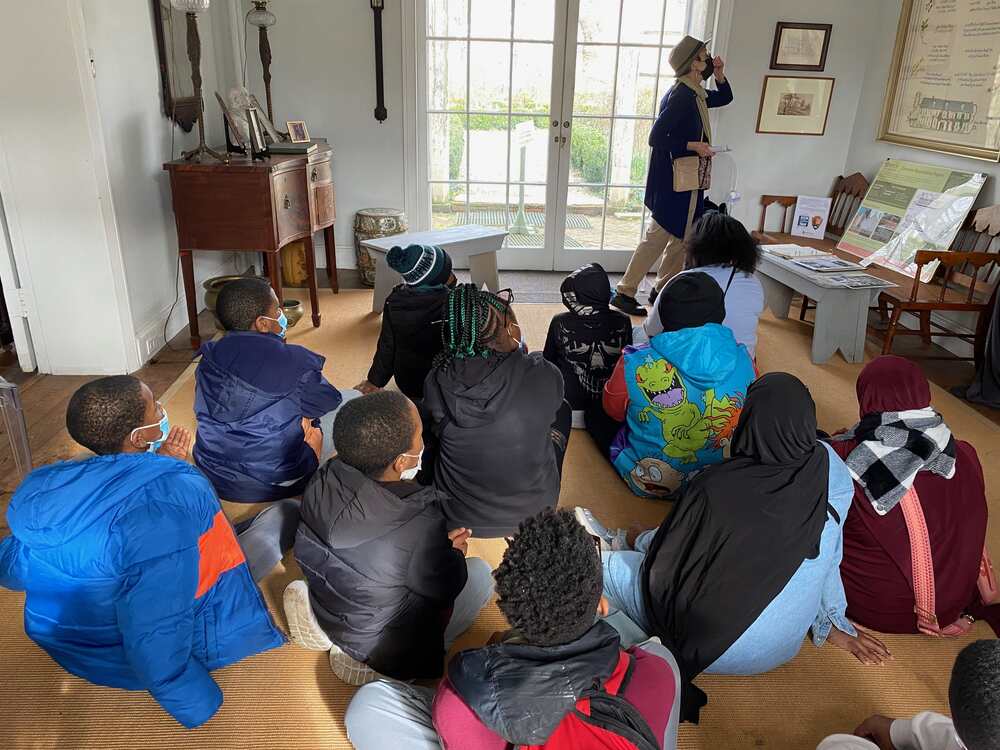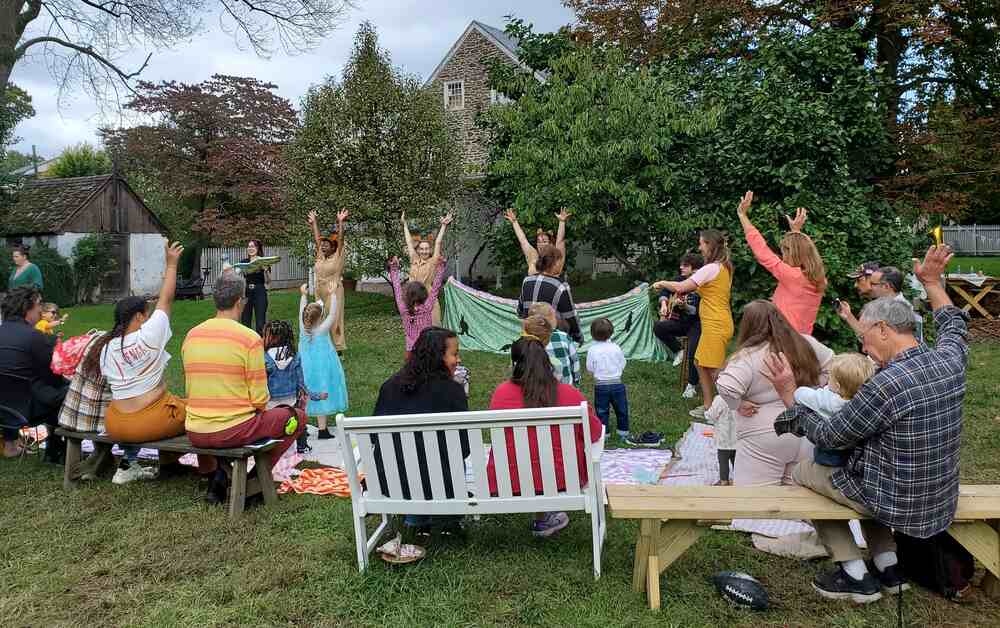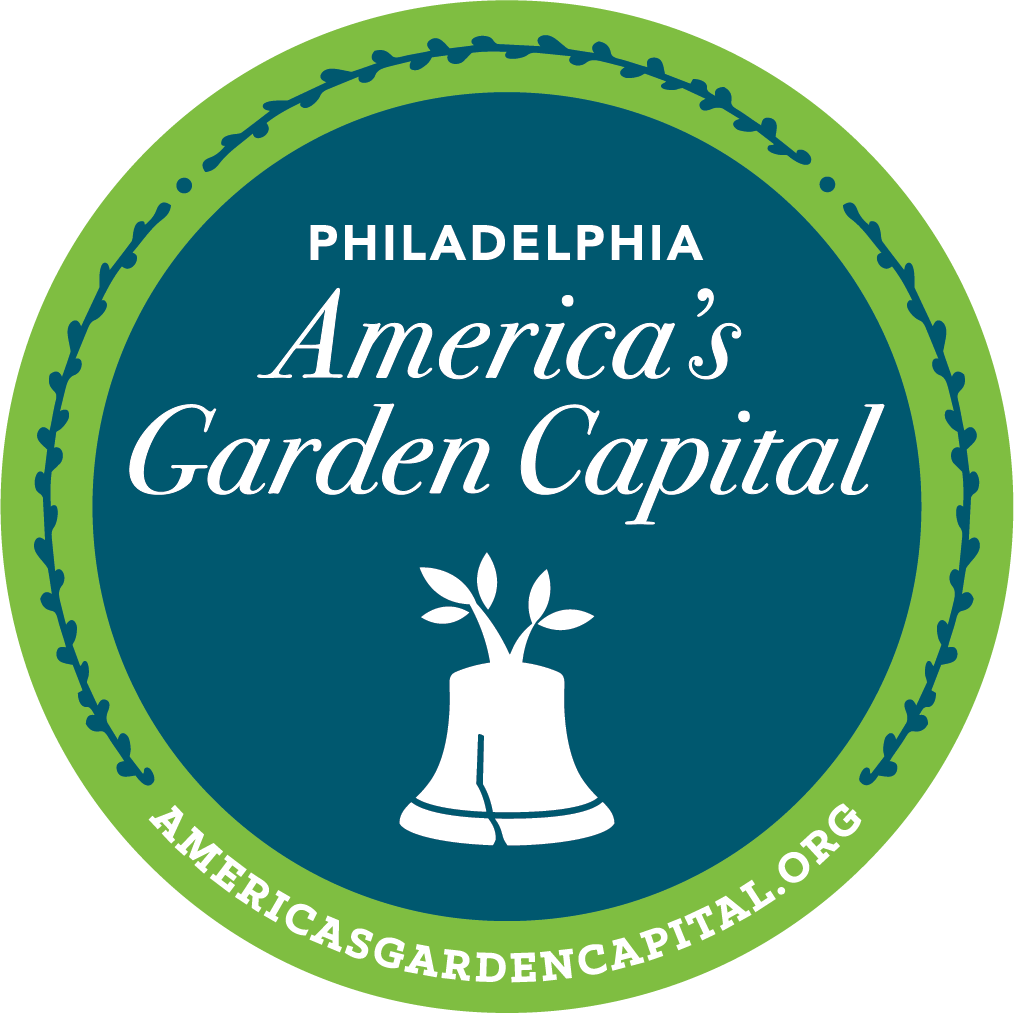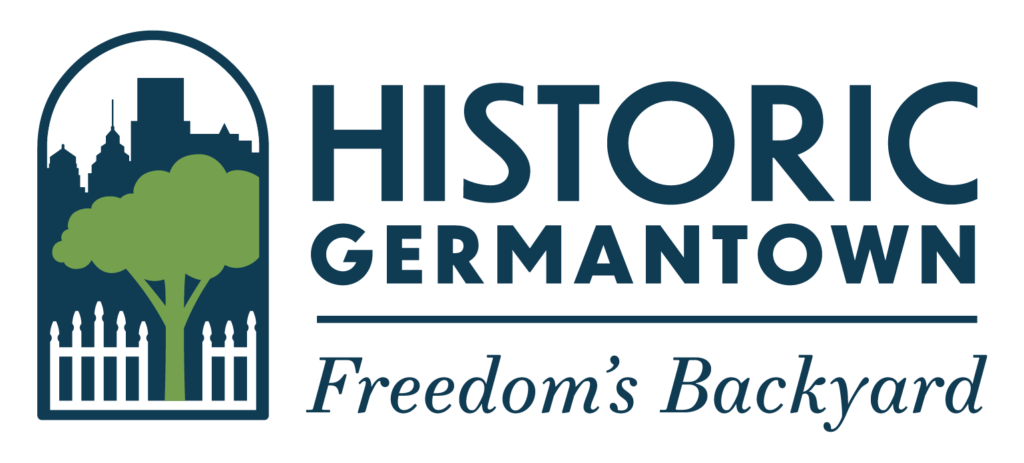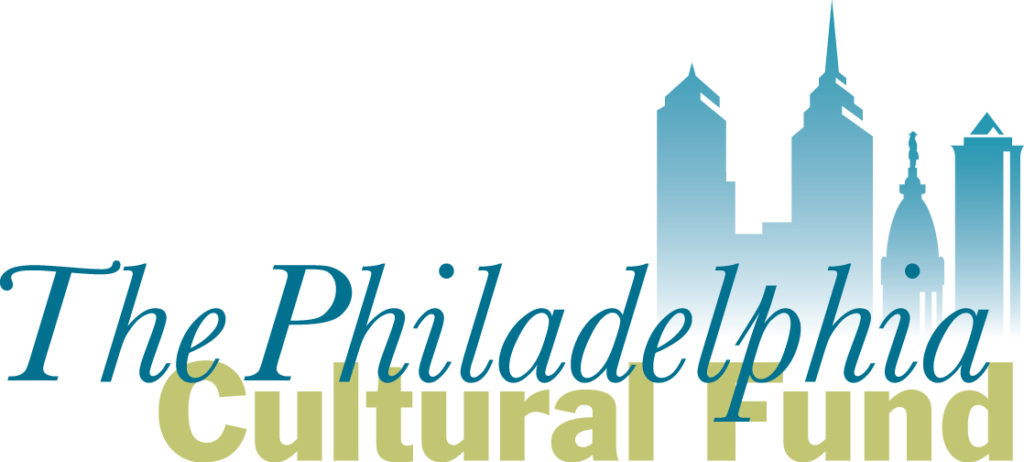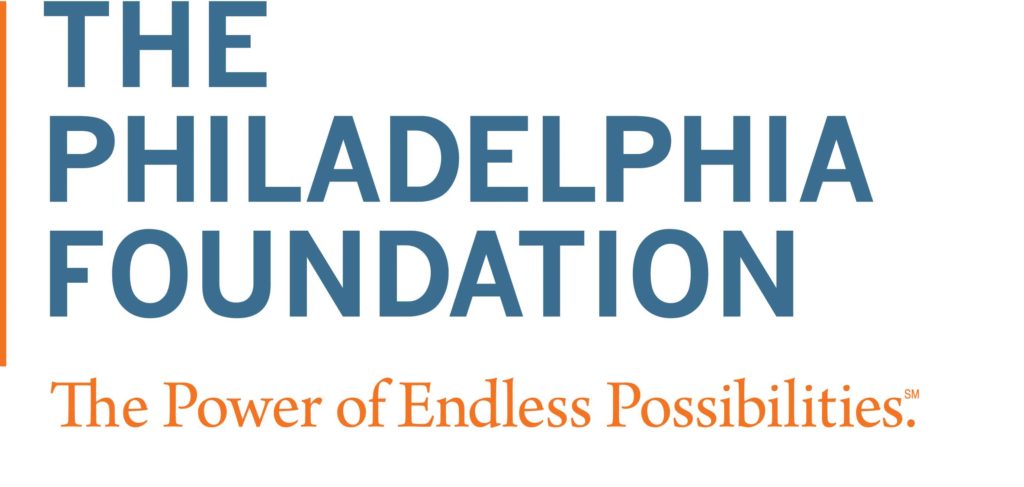Home
Wyck Hours:
Wyck’s grounds are open Tuesdays through Friday 10am-4pm and Saturdays noon-4pm.
House tours are available Thursdays-Saturdays, noon-4pm
Questions? Give us a call at 215-848-1690 or email info@wyck.org.
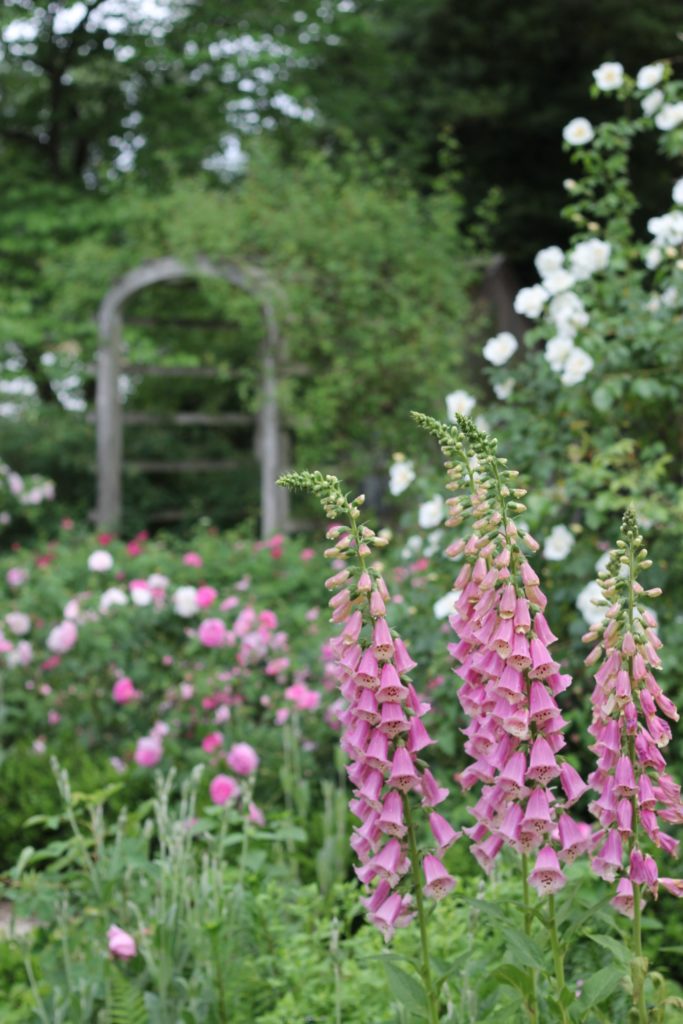
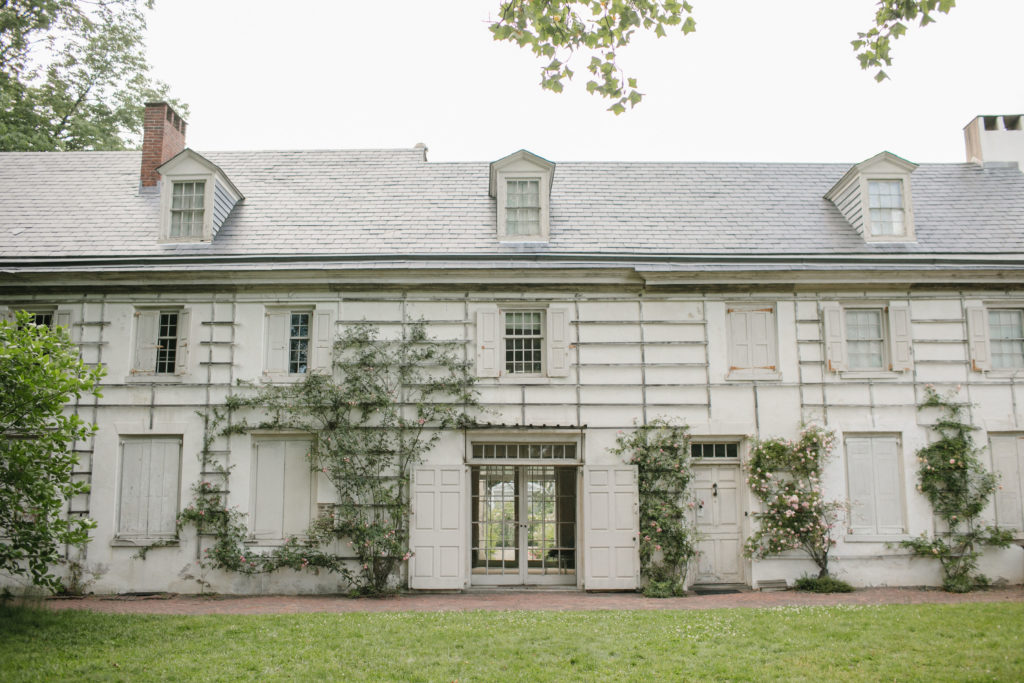
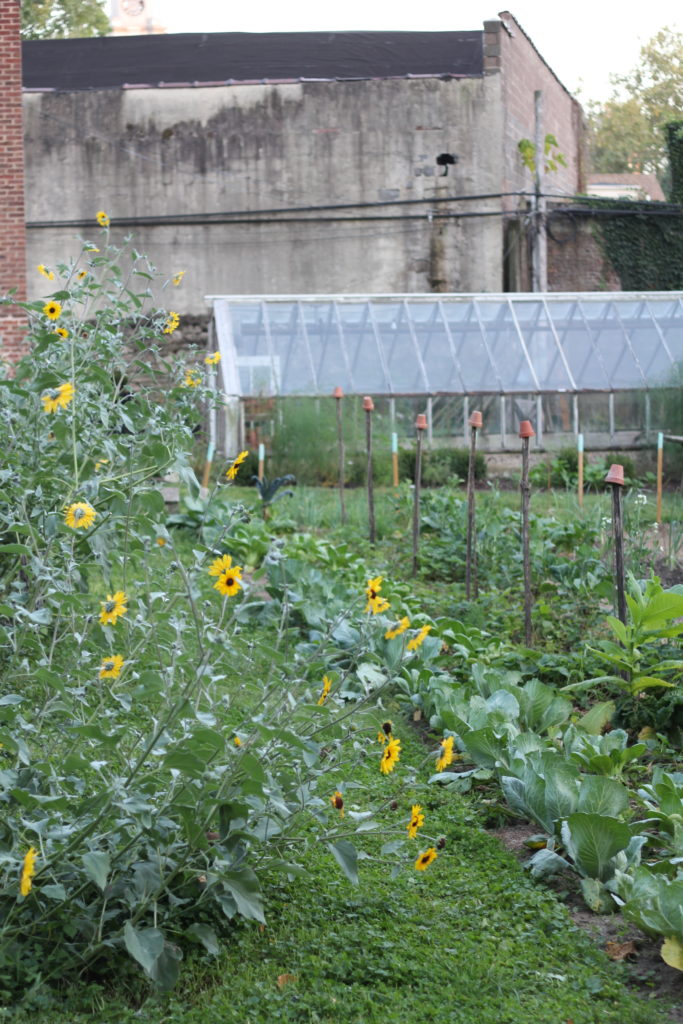
The mission of the Wyck Association is to preserve and interpret Wyck, one of America’s most authentic historic sites, to engage learners of all ages, and to strengthen our neighboring community.
Overview
Wyck is a National Historic Landmark house, garden, and farm in the Germantown neighborhood of Philadelphia that served as the ancestral home to one Philadelphia family for nine generations (1690-1973). Here, traditional Quaker culture blended with a passion for innovation. The people who lived and worked at Wyck expressed these values through their commitment to education, horticulture, natural history, and preservation. Today, the Wyck Association connects this family and its rich history to our community through programs that focus on history, horticulture, and urban agriculture, using the past as inspiration for the present. Our 2.5-acre, centuries-old site plays an essential role in the life of our 21st-century urban neighborhood, using buildings, landscape, and collections to provide educational, cultural, and nutritional resources for our neighbors and visitors.
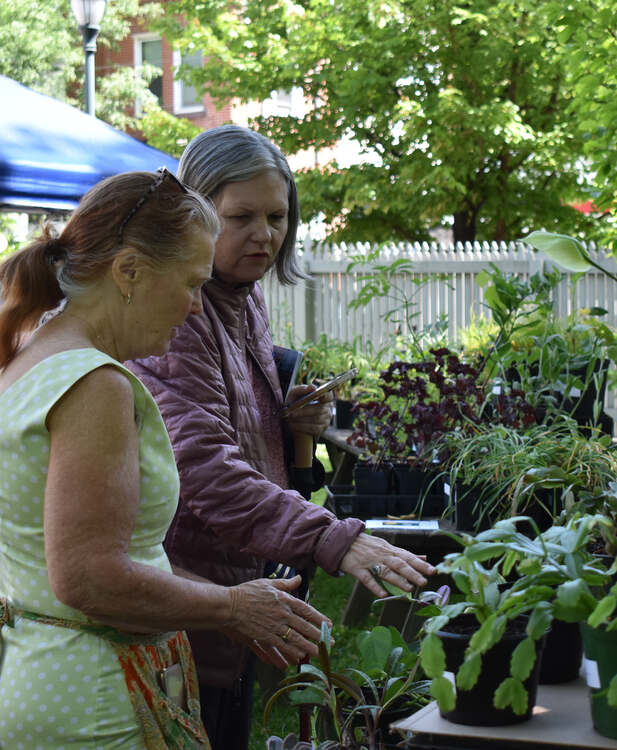

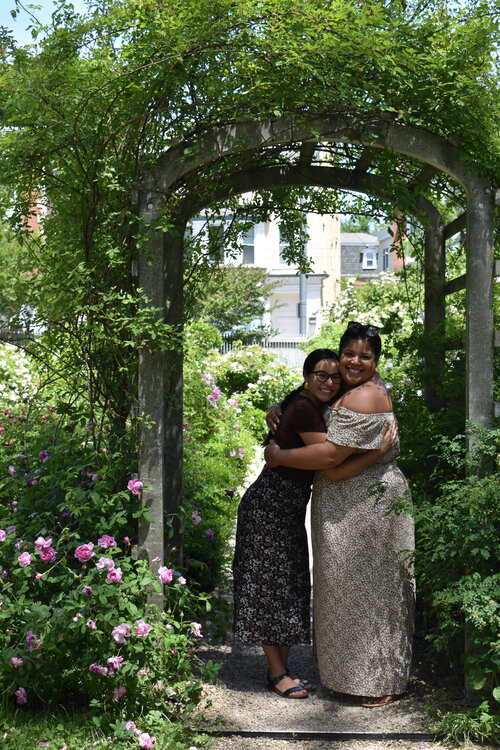
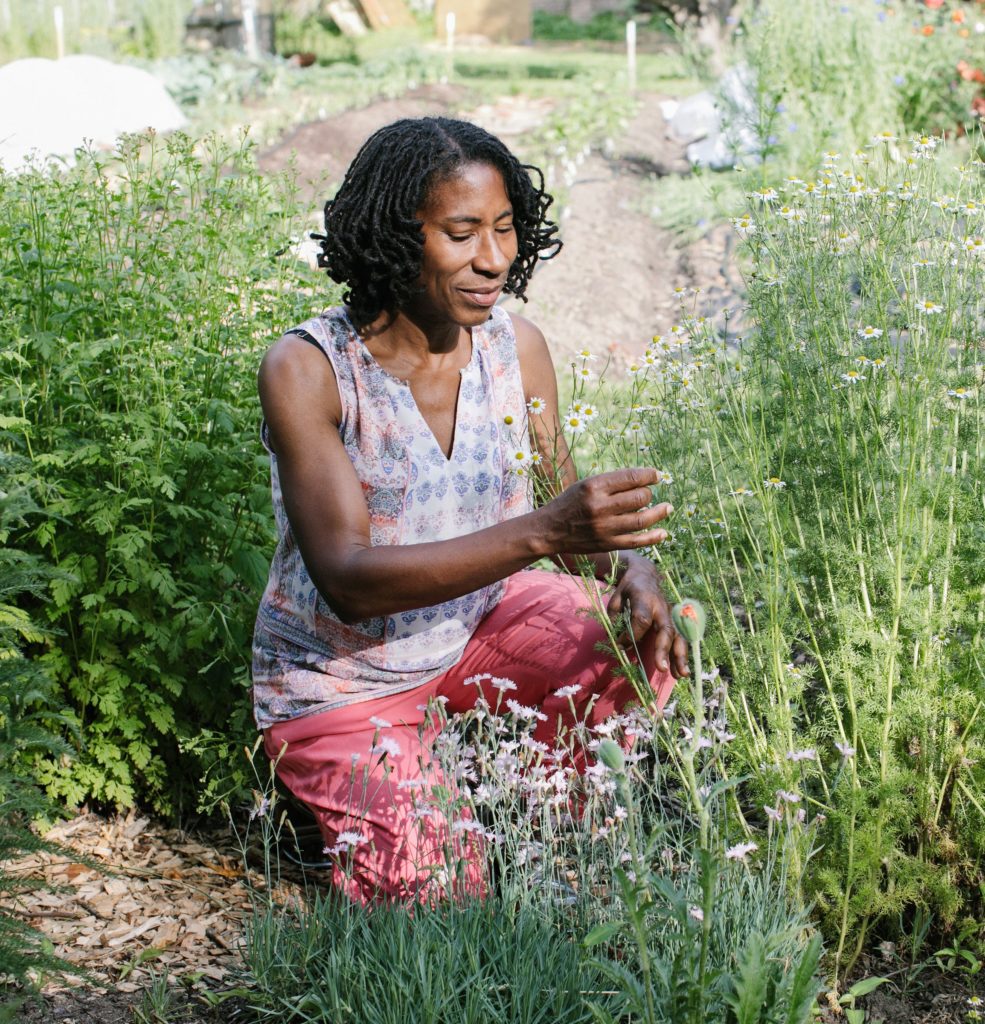
Expanded Overview
Wyck served as the ancestral home of one family from 1690 to 1973: the names most prominently associated with Wyck are the Wistar and Haines generations. Today, Wyck engages over 7,000 visitors annually with programs that incorporate the house, outbuildings, landscape, and objects saved over 300 years, revealing the enduring relevance of Philadelphia history in contemporary life. Wyck was established as a 2.5-acre historic site in 1973, and since 1978 the Wyck Association has administered the site. Designated a National Historic Landmark in 1991, Wyck is a truly remarkable survival of historic Philadelphia life in a densely urban neighborhood. The site consists of a colonial house with innovative 1824 alterations by architect William Strickland, the oldest rose garden in its original plan in America, and a collection of 100,000 family papers and more than 10,000 family objects, furniture pieces, and historical curiosities. Additionally, our site features perennial gardens, a woodlot, fruit trees, extensive vegetable and herb gardens, as well as a collection of outbuildings from the late 18th century through the early 20th century (a carriage house, greenhouse, ice-house, and smoke house). The legacies of Wyck’s prior owners—Quakers who represented the city’s leadership in business, natural history and science, and education reform—are the values of innovation, social responsibility and environmental sustainability. The Wyck Association perpetuates these values through its programming.
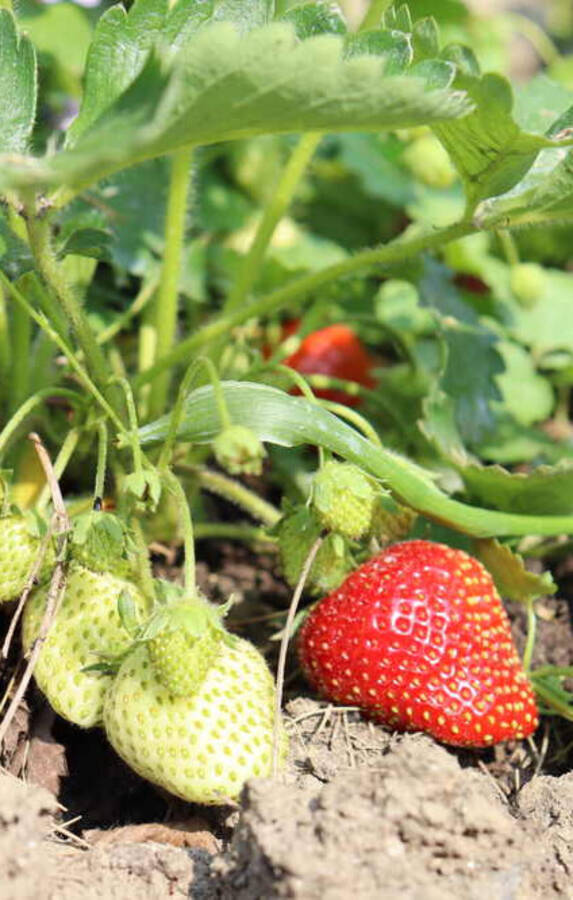
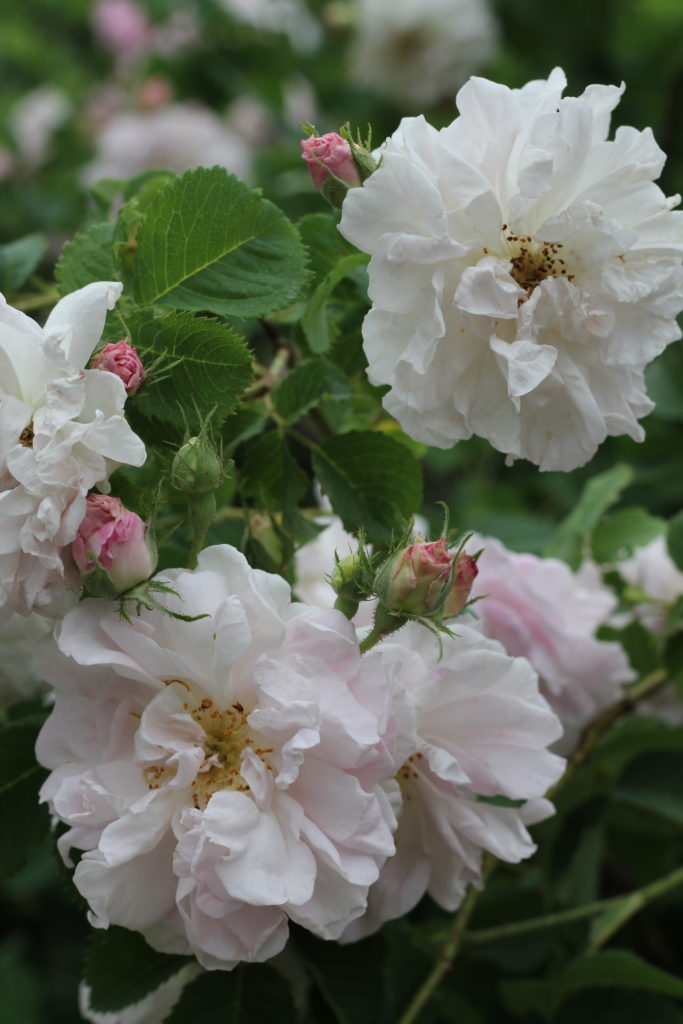
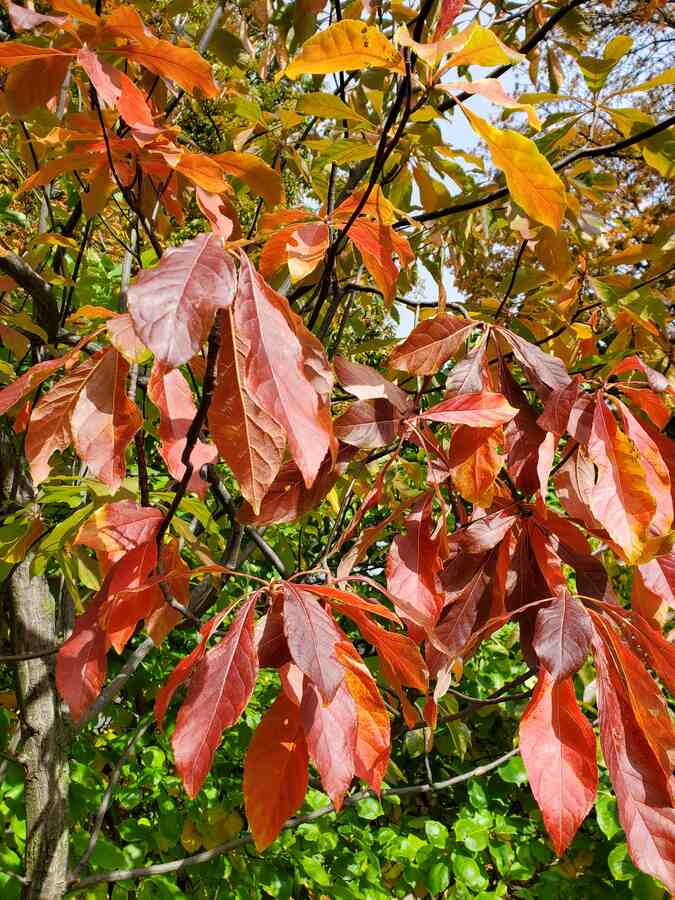
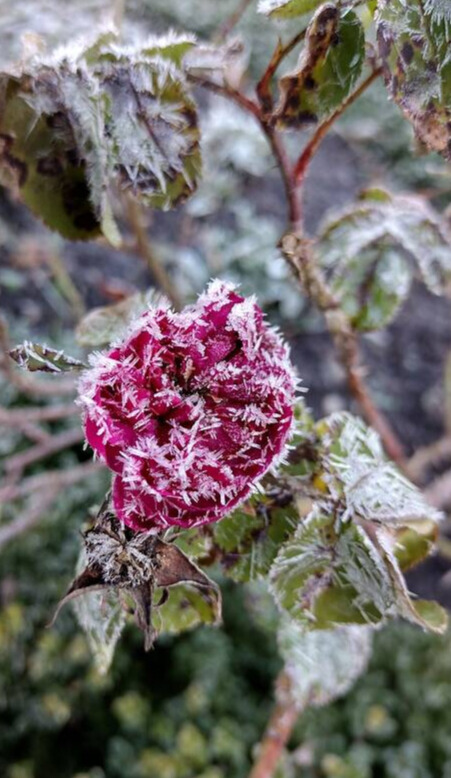
In 2007, the Wyck Association restored the fruit and vegetable gardens that had been on the Wyck site for centuries. The Home Farm is multi-functional, growing food for an on-site Home Farm Club, providing an interactive outdoor classroom for local children and adults, and preserving historic agricultural traditions. Our farm programming connects historical and modern-day ideas of agriculture, horticulture, preservation, and community.
Today Wyck’s audience includes visitors interested in broadening their knowledge of history, horticulture, and urban agriculture; Germantown children needing safe outdoor space and opportunities for hands-on learning about history, farming, nutrition, and environmental science; and Germantown and Mount Airy neighborhood residents seeking affordable, locally grown and chemical-free produce as well as quality programming for adults, children, and community. In 2015, our Board of Directors adopted a new strategic plan, which has set a course for improved organizational efficiency, identifies new programmatic goals, and presents a vision for Wyck that emphasizes the values of innovation, social responsibility, and environmental sustainability. Our mission is three-fold: to maintain the site so that it is both well-preserved and enjoyed; to produce engaging programs that use history to empower participants to improve their lives and the world we share; and to act as a catalyst in the revitalization of Germantown.
